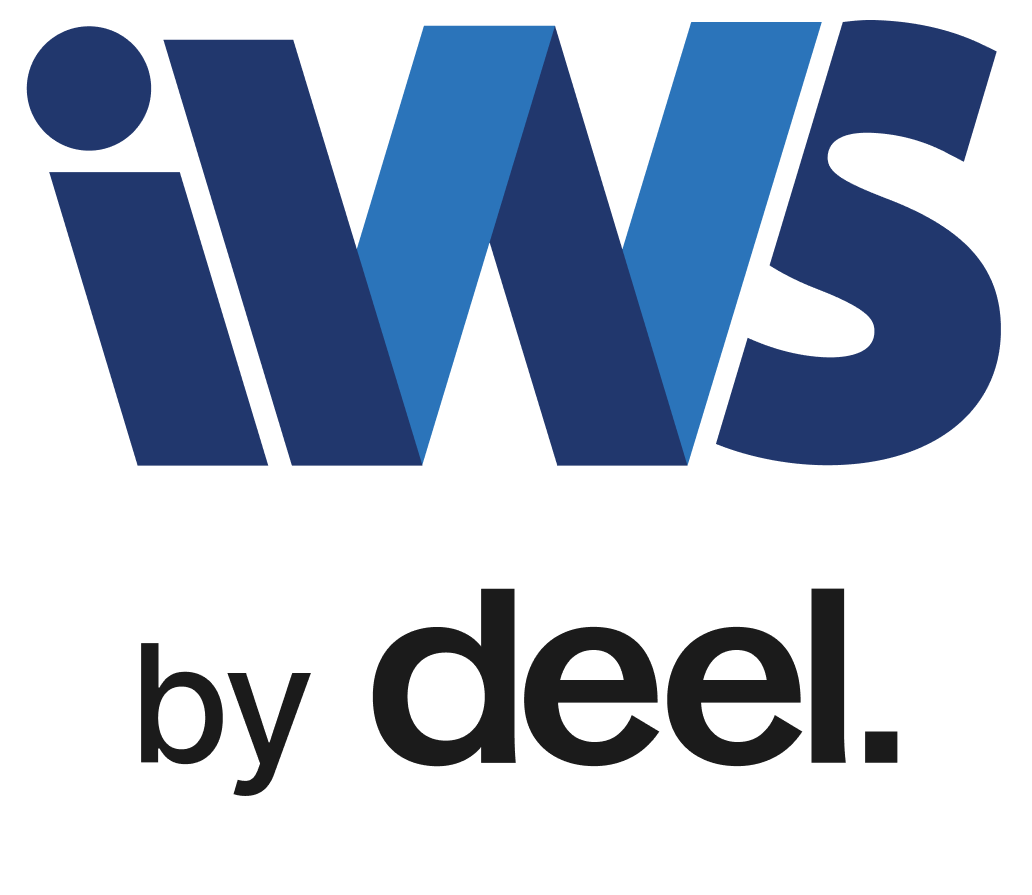Franchisees often execute the brand’s playbook for operations and marketing, but when it comes to rostering and labour strategy, improvisation is the norm. Unpredictable scheduling, excessive overtime, and high casual staff turnover quietly erode profitability, even when top-line revenue looks strong. A sustainable labour model isn’t just about cutting costs or filling shifts; it’s about building a repeatable, compounding system that aligns workforce decisions with long-term financial health.
“An effective roster system allows owners to maximise profits by ensuring they are fully staffed for their busy periods, thereby capturing all sales during these periods. They can then scale back on staff for the quieter periods. We’ve all been to a cafe and walked away without being served, as there haven’t been enough staff to cope. Equally, it’s not a good look for the store if staff are hanging about with nothing to do,” says Paul Tee, Head of Sales at iWS.
The Hidden Cost of Improvised Rosters
Ad hoc rostering creates measurable consequences: overstaffing leads to unnecessary expenses, understaffing causes burnout and excessive overtime. Both inflate labour costs and disrupt business stability.
For franchise businesses, especially in hospitality and retail, workforce management is the largest controllable cost. According to the Australian Taxation Office’s Small Business Benchmarks, labour typically represents around 18-34% of revenue in restaurants and cafés. But the margin for profitability is slim, and just a minor reduction in labour cost can markedly boost net earnings.
Staff Turnover: The Quiet Profit Killer
High casual staff turnover is endemic, particularly in hospitality, where the annual turnover is one of the highest across Australian sectors. Turnover is costly, with each lost employee setting businesses back thousands of dollars in recruitment, training and lost productivity.
In franchising, these pressures are magnified by ongoing difficulties recruiting both skilled and unskilled labour. According to the International Franchise Association’s 2023 Study on Labour Trends in Franchising, 87% of franchisors report their franchisees have trouble filling positions, and 81% say labour constraints are holding back their growth.
Why a Sustainable Labour Model Matters
A sustainable labour model does not mean relentless cost-cutting or filling rosters just to get through the week. It is a strategic approach that aligns staffing with predictable demand, protects employee wellbeing, and leverages technology to maximise productivity and compliance.
Key components include:
- Data-Driven Decision-Making: Real-time rostering tools enable franchisees to match staffing to sales and foot traffic.
- Compliance Automation: Award rates and payroll are automatically calculated and integrated, reducing the risk of underpayment.
- Visibility and Benchmarking: Central systems let owners benchmark performance and quickly identify profit leaks or staffing gaps.
- Improved Retention: Predictable, fair scheduling supports employee satisfaction and retention, reducing turnover’s hidden costs.
Technology: The Multiplier Effect
With the rise of cloud-based workforce platforms, franchisees don’t have to improvise any longer. Such systems offer mobile rostering, clock-in authentication, real-time compliance checks, and powerful reporting. Together, these features free up owner capacity and deliver the consistency required for sustainable business growth.
The Payoff: Profitability and Growth
Franchisees who invest in robust, data-driven rosters:
- Reduce staff churn and consequent training costs
- Lower compliance risks
- Deliver better customer experiences
- Achieve higher, more predictable profits
A sophisticated labour model that harnesses technology and best practice is essential, not optional. The franchisees who move from improvisation to intelligence are those who will be in it for the long haul.
Ready to run your franchise with confidence? iWS empowers you to build sustainable, profitable rosters, every week, and for every shift. Get in touch.
Author: Luke Hart
Luke leads business development at iWS, working with franchise networks to streamline rostering, payroll, and financial reporting. With a background in software and tech sales recruitment across Europe and APAC, he brings a commercial lens and hands-on experience to workforce solutions.




